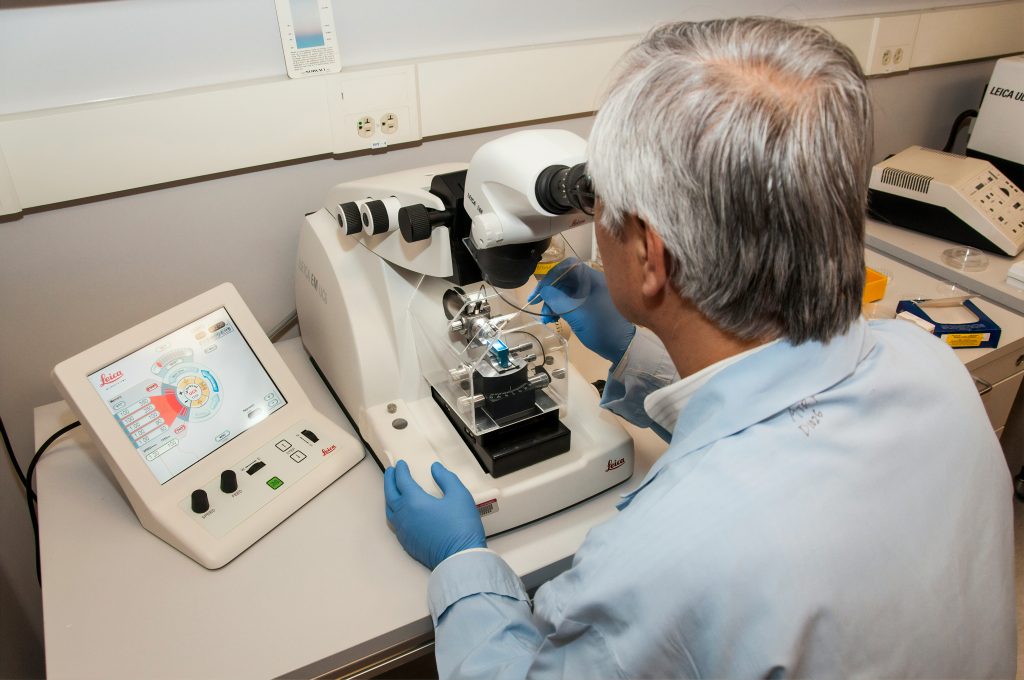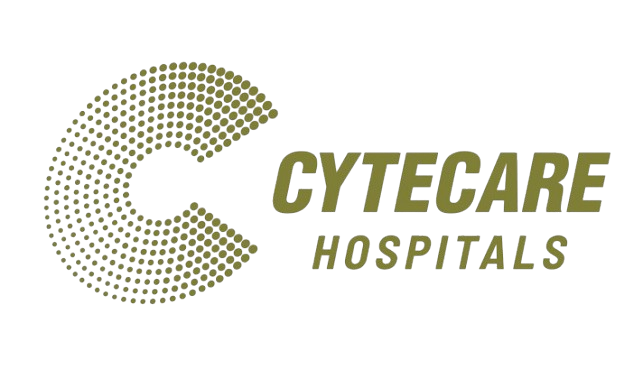Cancer Treatment
Cancer treatment encompasses a range of therapies designed to manage and eradicate cancer cells while minimizing damage to surrounding healthy tissue. The choice of treatment depends on several factors, including the type and stage of cancer, the patient’s overall health, and personal preferences. Here’s a comprehensive overview of the main types of cancer treatment, their purposes, and considerations.

Types of Cancer Treatment
1. Surgery
- Purpose: Surgical treatment involves removing the tumor and surrounding tissue to achieve local control of the cancer.
- Types:
- Curative Surgery: Aims to remove all cancerous tissue.
- Debulking Surgery: Reduces the size of the tumor but may not remove it entirely, often used when complete removal is not feasible.
- Palliative Surgery: Relieves symptoms and improves quality of life, especially in advanced cancer stages.
2. Radiation Therapy
- Purpose: Uses high-energy radiation to kill cancer cells or shrink tumors.
- Types:
- External Beam Radiation: Delivered from outside the body.
- Internal Radiation (Brachytherapy): Involves placing radioactive material inside or near the tumor.
- Considerations: Can be used alone or in combination with other treatments, and may cause side effects such as fatigue and skin irritation.
3. Chemotherapy
- Purpose: Involves using drugs to kill or inhibit the growth of cancer cells, affecting cells that divide rapidly.
- Administration: Can be given orally, intravenously, or through other methods.
- Considerations: Often used for systemic treatment, especially for cancers that have spread; may cause side effects such as nausea, hair loss, and increased risk of infection.
4. Immunotherapy
- Purpose: Boosts the body’s immune system to recognize and fight cancer cells.
- Types:
- Checkpoint Inhibitors: Help the immune system recognize cancer cells.
- Cytokines and Vaccines: Enhance immune responses.
- Considerations: Effective for certain types of cancer, including melanoma and some lung cancers; side effects can vary.
5. Targeted Therapy
- Purpose: Focuses on specific molecules involved in cancer cell growth and survival, aiming to minimize damage to healthy cells.
- Mechanism: Targets specific genetic mutations or proteins within cancer cells.
- Considerations: Often used for cancers with specific genetic markers (e.g., HER2-positive breast cancer); may have fewer side effects than traditional chemotherapy.
6. Hormone Therapy
- Purpose: Blocks or removes hormones that fuel certain cancers, such as breast and prostate cancer.
- Mechanism: Involves medications that lower hormone levels or block hormone receptors on cancer cells.
- Considerations: Can be effective in treating hormone-sensitive cancers; side effects may include hot flashes and mood changes.
7. Stem Cell Transplant
- Purpose: Replaces damaged bone marrow with healthy stem cells to restore the body’s ability to produce blood cells.
- Types:
- Autologous: Uses the patient’s own stem cells.
- Allogeneic: Uses stem cells from a donor.
- Considerations: Often used after high-dose chemotherapy or radiation therapy; carries risks of complications.
Personalized Cancer Treatment
Advances in cancer treatment increasingly focus on personalized medicine, which tailors’ treatment based on the individual patient’s cancer characteristics, genetic makeup, and response to specific therapies. This approach aims to enhance treatment efficacy and reduce side effects.



